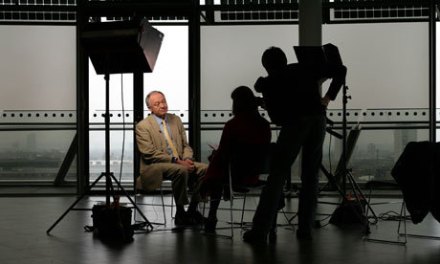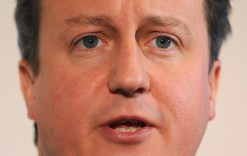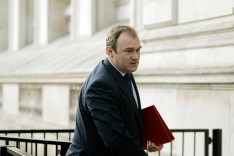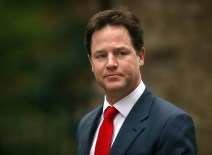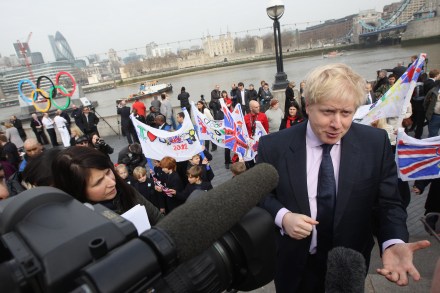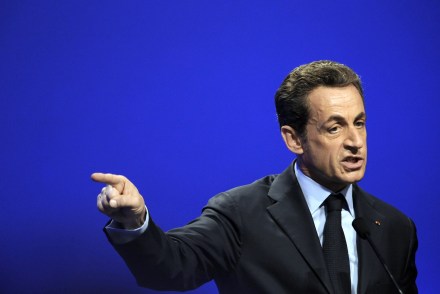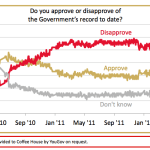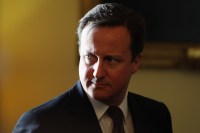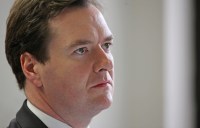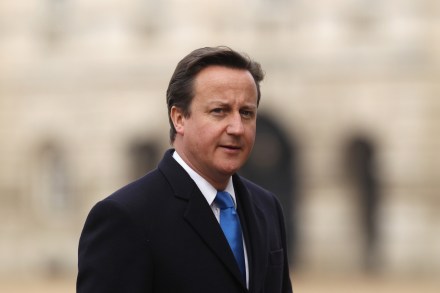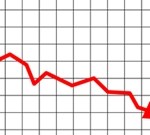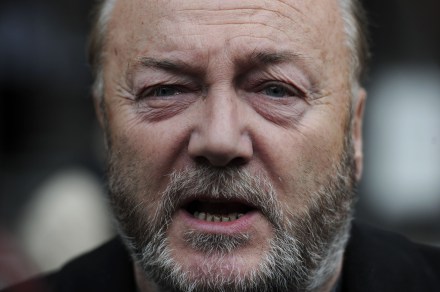The coalition to defeat Ken Livingstone
The most striking thing about tonight’s mayoral hustings on Newsnight was how often Brian Paddick attacked Ken Livingstone. Paddick, who turned in the most assured performance of all the candidates, accused Livingstone of being like a ‘bad 1970s comedian who plays to whatever audience he’s talking to.’ He also, interestingly, sided with Boris Johnson when the discussion turned to the 50p tax rate and then the candidate’s own tax affairs. It is tempting to see Paddick’s performance tonight as testament to how keen the Liberal Democrat top brass are to see Livingstone defeated in London. They know that if Labour fails to win in London, the pressure on Ed Miliband
